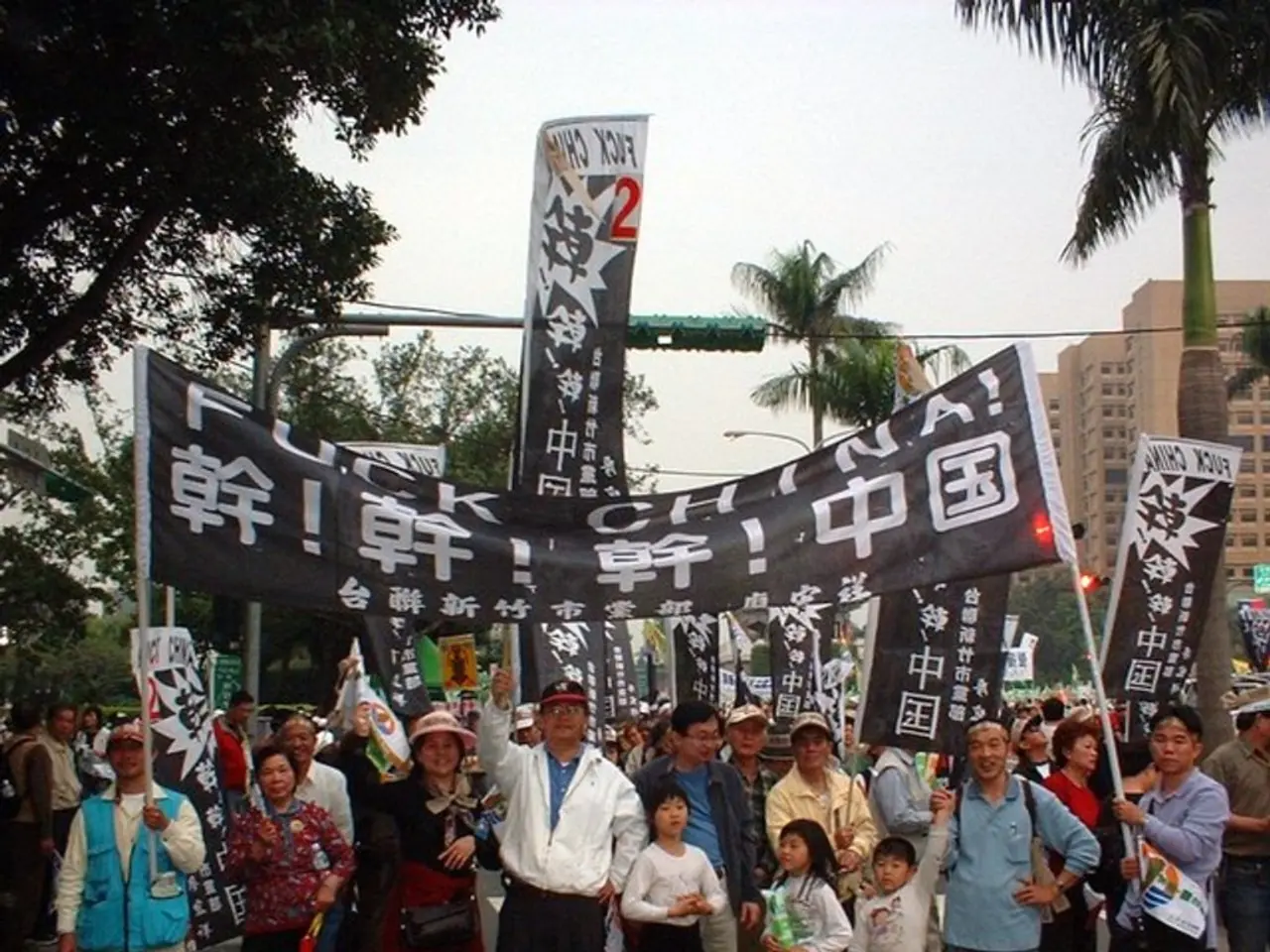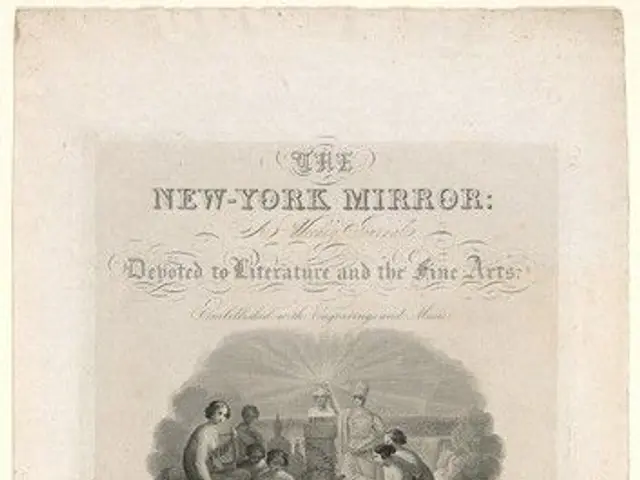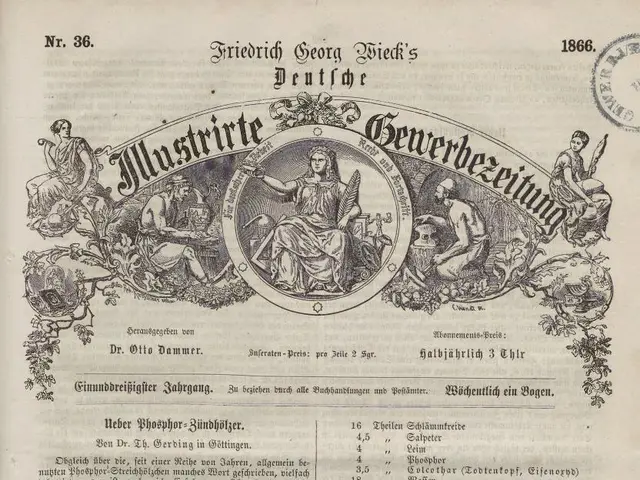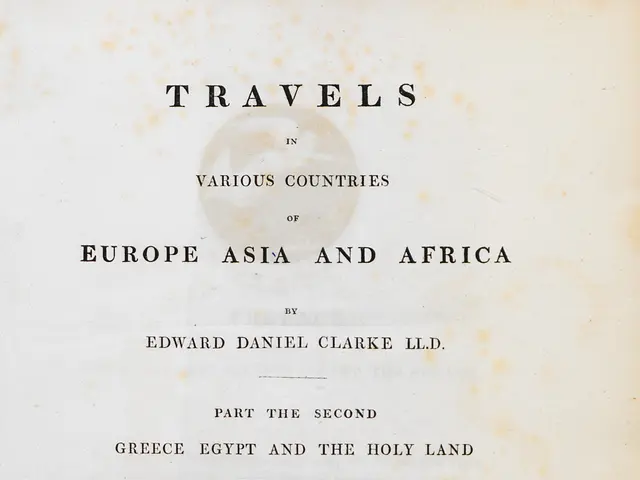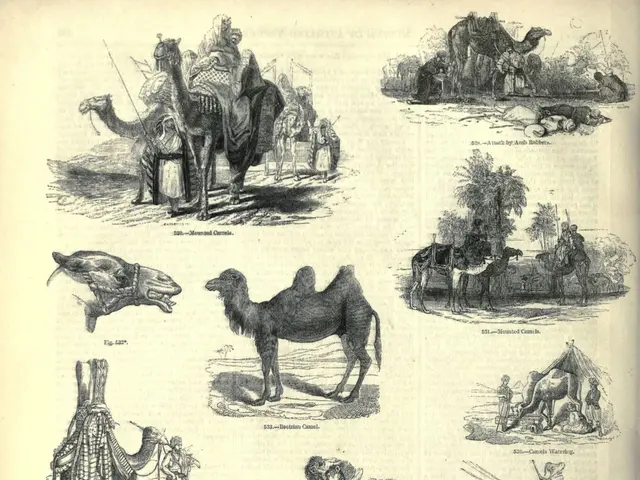Contestants Opting to Withdraw from Eurovision if Israel Participates
The Eurovision Song Contest, a beloved annual event that brings together broadcasters and countries beyond the borders of Europe, has once again found itself at the centre of political controversy. Spain has declared its intention to boycott the 2026 contest if Israel participates, following a series of political protests and controversies surrounding Israel's participation.
The decision to boycott was approved by a majority of the board of directors of Spanish state broadcaster RTVE. This move comes after a statement by Spanish Minister for Culture, Ernest Urtasun, that Spain should withdraw if Israel participates.
Israel's participation in the contest has been a subject of debate for several years. The country made its debut at Eurovision in 1973 and is a member of the European Broadcasting Union (EBU). Israel's membership allows it to compete, despite not being geographically in Europe.
In the past, Israel has faced criticism for its participation, particularly during the 2019 contest when Madonna's performance, which included dancers carrying the Israeli and Palestinian flags, was not cleared with the EBU and was considered non-political by the contest organisers.
The controversy surrounding Israel's participation has also impacted the safety of its performers. In 1973, Ilanit, the first artist to compete for Israel in the Eurovision Song Contest, performed under strict security measures due to the Munich Olympics incident. More recently, in 2024, Israeli contestant Eden Golan also performed under special protection.
Protests critical of Israel were also witnessed during the Eurovision Song Contests in Malmö, Sweden, in 2019 and Basel, Switzerland, in 2025, with audience members whistling and booing Israeli performers.
The EBU has fined broadcasters for political statements during the contest. In 2019, the Icelandic broadcaster RUV was fined €5,000 ($5,900) for the Icelandic band Hatari holding up Palestinian flags during the contest.
Despite the controversy, Israel has been a successful participant in the Eurovision Song Contest, winning the competition four times. However, the original title of Israel's entry in the 2024 contest, "October Rain," was changed due to concerns about it being too explicit a reference to the event that triggered the Gaza war.
Several participating countries have also called on the EBU to exclude Israel from the contest, citing ongoing human suffering in Gaza as a reason. Dutch public broadcaster AVROTROS has expressed similar concerns.
As the Eurovision Song Contest approaches, it remains to be seen how the political controversies surrounding Israel's participation will unfold. The EBU, as the organiser responsible for the event and the admission of participating countries, will have a crucial role in navigating these complex political issues.
